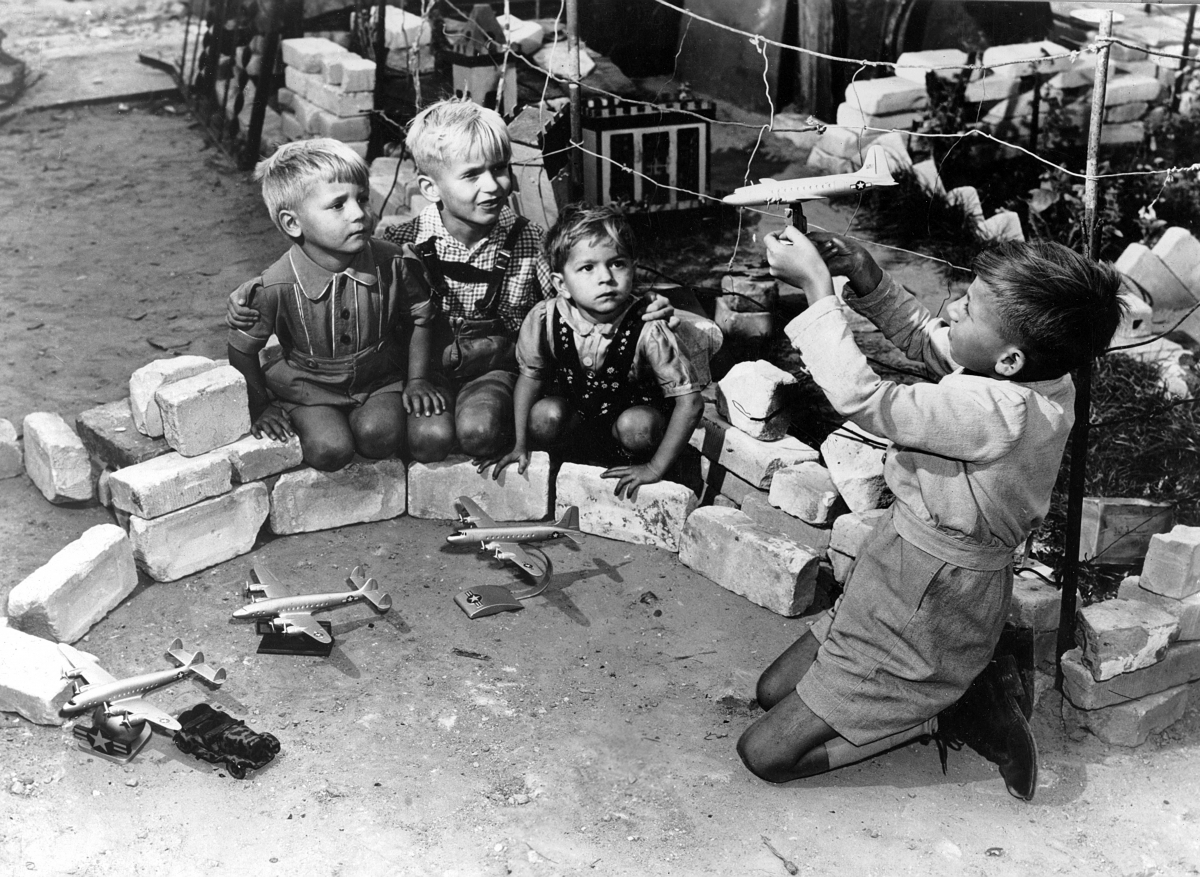Completed associated PhD project
The study aimed to question the popular myth of an alleged ‘special relationship’ between the United States and West Berlin after the Second World War by taking a closer look at local troop-community relations. Who supported contacts between military personnel and the local population? What was their motivation? Where did Germans and Americans meet by chance? This study seeked to re-evaluate German-American relations by focussing on the most symbolic city of the Cold War.
Based on several case studies, this project analysed how and why the Western Sectors turned into ‘America’s Berlin’ and what kind of developments challenged this imagined community over the years. By analysing how the State Department, the US Army and the Berlin Senate attempted to interpret, influence and regulate German-American encounters, the projekt wanted to show how different policies and military strategies as well as changing cultural values and concepts of security shaped the life of Americans and Germans in West Berlin.


